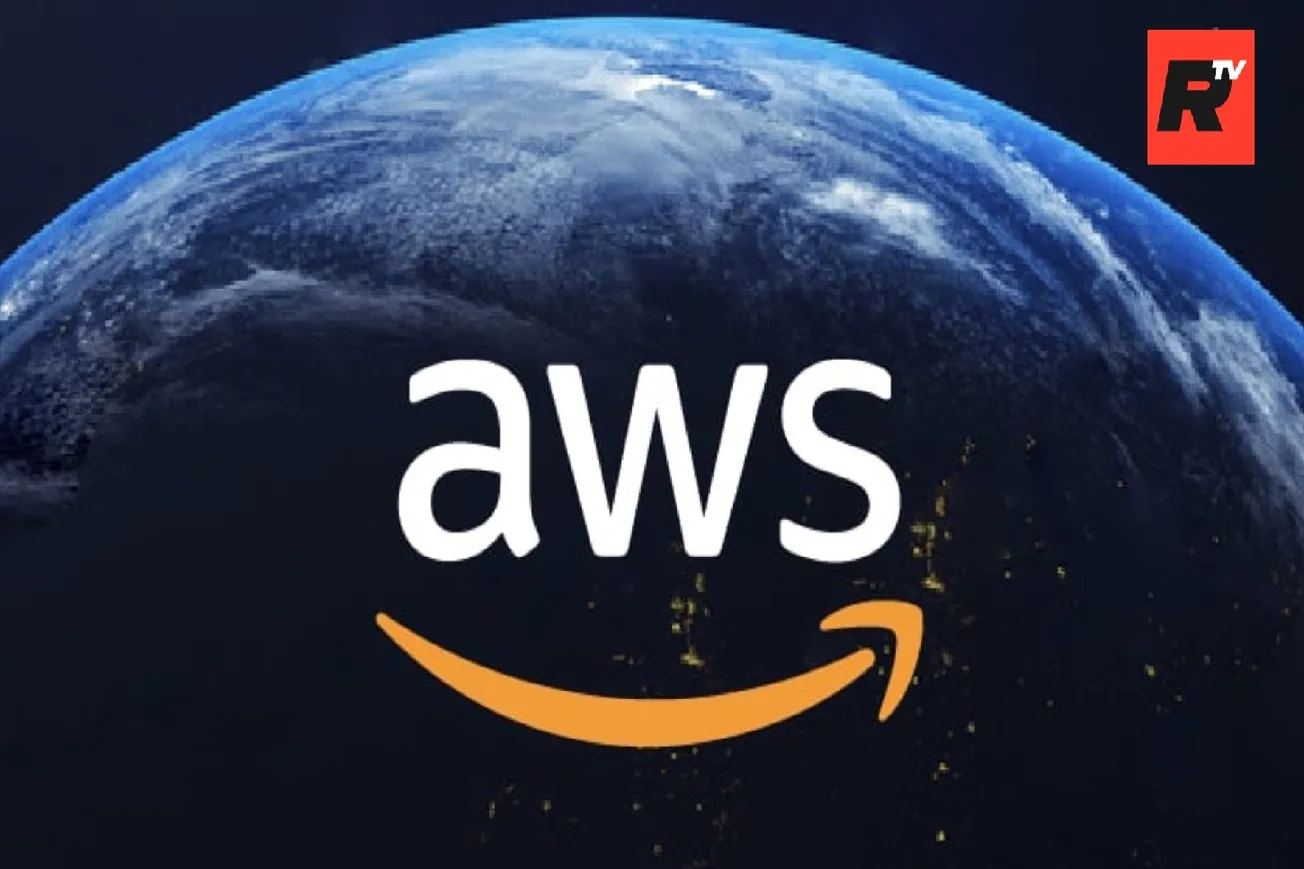Table of Contents
The digital overlords just tripped over their own wires, and the house of cards we call the internet came crashing down.
Amazon Web Services, the backbone propping up a third of the world's online empire, imploded Monday, exposing how one glitch in Virginia can black out governments, airlines, and your morning Starbucks app.
The hours-long crash is the wake-up call Big Tech's been dodging since CrowdStrike's billion-dollar blunder.
Shortly after 8 a.m. local time, British government websites flickered out as Amazon Web Services suffered a massive outage starting at 3:11 a.m. ET.
East Coast night owls watched Disney+ stall, Lyft rides vanish, and routine logins grind to a halt.
By dawn, chaos spread: United Airlines and Delta grounded online bookings; New York Times newsletters failed; Snapchat and Reddit went silent.
One-third of global users rely on AWS daily, powering Venmo, Ring, Fortnite, Hulu, Coinbase, WhatsApp, Microsoft 365, Roblox, and McDonald's apps, per DeepField Networks.

The British government's site and tax portal went dark.
Millions couldn't access banks, retailers, or gaming platforms for over eight hours.
Cybersecurity expert James Knight, senior principal at Digital Warfare, called it "surprising."
"My first thought was wondering how it could occur. Apparently, some sort of database went down," he told the Daily Mail. "It's surprising that one thing affected their network, because usually there's backup, and redundant systems all running at the same time. One particular system going down is very, very surprising."
Knight ruled out hacks, noting, "A cyber professional like myself... would be able to see if it were a hack. It's called an indication of compromise, an IOC. We'd see maybe a malware signature; some sort of unauthorized access; something in the logs showing that there's some sort of access gained, or some anomalous traffic. There's nothing to indicate that here."
AWS pinpointed the issue to its US-EAST-1 region in Virginia.
"An underlying internal subsystem responsible for monitoring the health of our network load balancers," the company said in a statement.
By 11:43 a.m. ET, they reported: "We have narrowed down the source... We are still actively working on mitigations."
The outage cost hundreds of millions, Knight estimated, echoing July 2024's CrowdStrike meltdown — $5 billion in Fortune 500 losses alone, crippling airlines and hospitals — and AT&T's 11-hour February blackout.
Knight warned, "Our lives are online, and it's just going to happen... AWS, along with Google and Microsoft, are the gold standard... tomorrow it could happen to them."
Social media erupted in memes: Homer Simpson's "The end is near"; the "This is fine" dog in flames; panicked workers insisting, "I’m fine … everything is fine." Hashtags #AWSdown and #internetcrash trended on X.
NymVPN CEO Harry Halpin told the New York Times, "If your entire nation’s infrastructure relies on a few providers, all in the United States, and anything can go down at any moment, either for malicious reasons or just technical errors, that’s an exceedingly dangerous situation."
AWS restored most services by 5:30 a.m. ET, but shares barely budged.
One Virginia server sneezes, and the global grid wheezes.
We've outsourced our sovereignty to Amazon's cloudy castle — time to demand backups before the next blackout buries us all.








